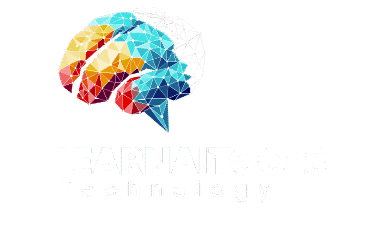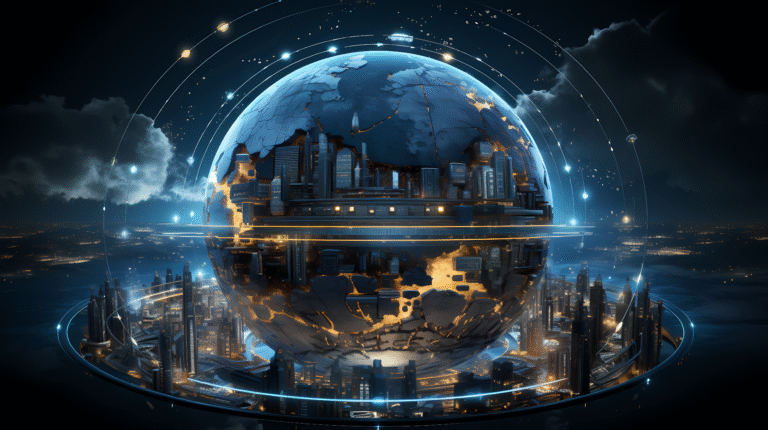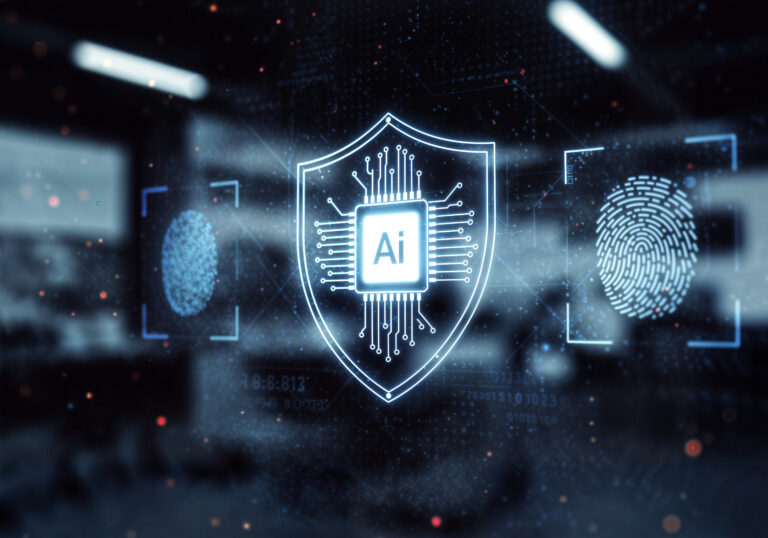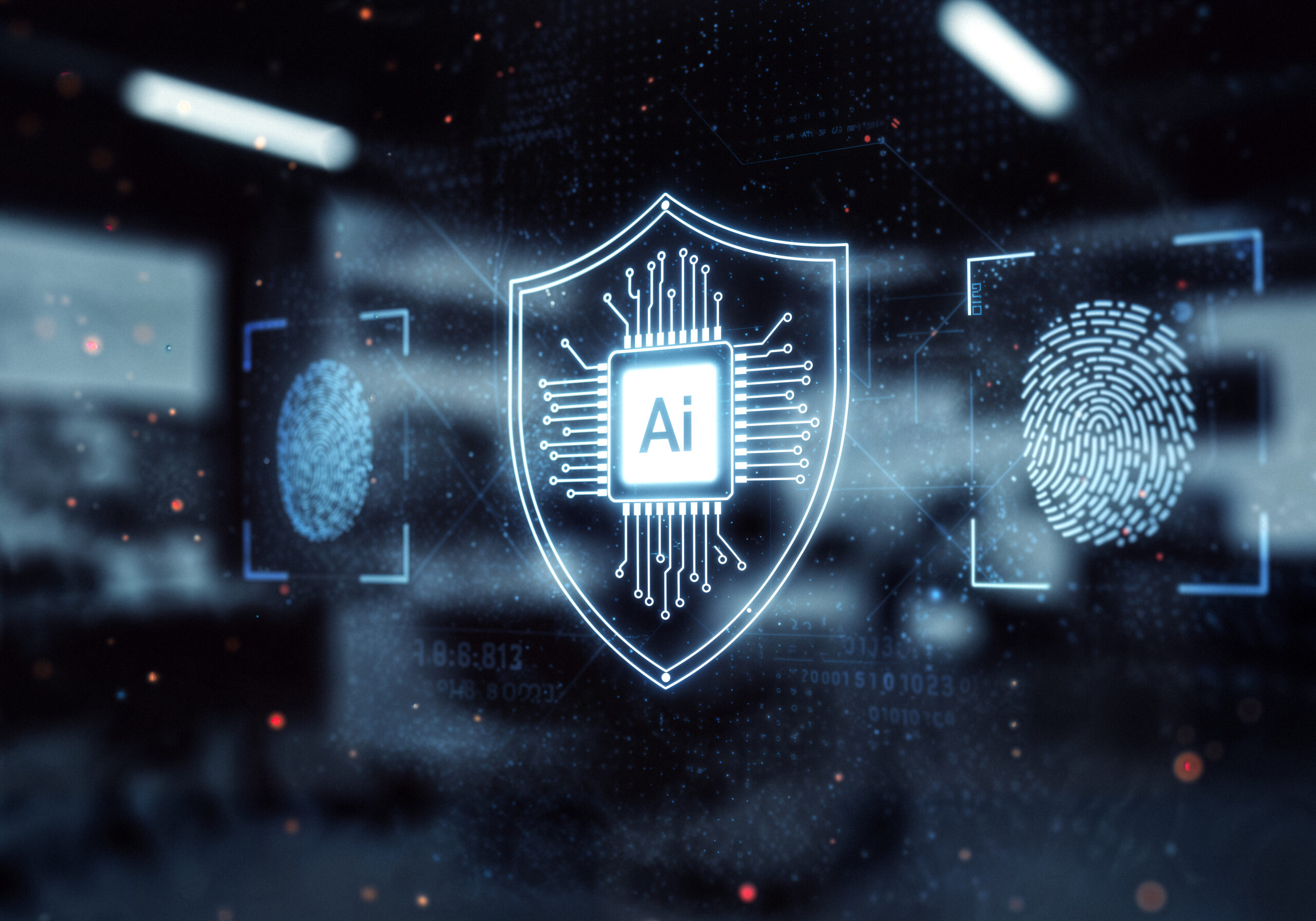
AI Privacy Regulation 2025: Building Trust in the Age of Intelligent Machines
AI Privacy Regulation 2025 marks a turning point in how the world manages data, privacy, and artificial intelligence. As AI systems grow smarter and more autonomous, they handle billions of personal records daily — from voice data and facial scans to financial transactions and medical reports. This vast data landscape demands strict regulations to protect human privacy, ensure transparency, and prevent misuse.
The year 2025 isn’t just about innovation — it’s about responsible AI. With global governments setting new rules, Privacy Regulation 2025 aims to balance progress and protection.
Understanding AI Privacy Regulation 2025
At its core, AI Privacy Regulation 2025 refers to the updated and standardized legal frameworks designed to control how artificial intelligence systems collect, use, store, and share data.
These regulations are not only technical but ethical — ensuring that AI respects human dignity, consent, and rights. As data becomes the new “digital currency,” regulating it is essential to stop exploitation, bias, and surveillance misuse.
In 2025, global organizations like the European Union (EU), United Nations, and OECD have introduced stricter AI guidelines, ensuring that companies disclose how their algorithms make decisions and handle personal information.
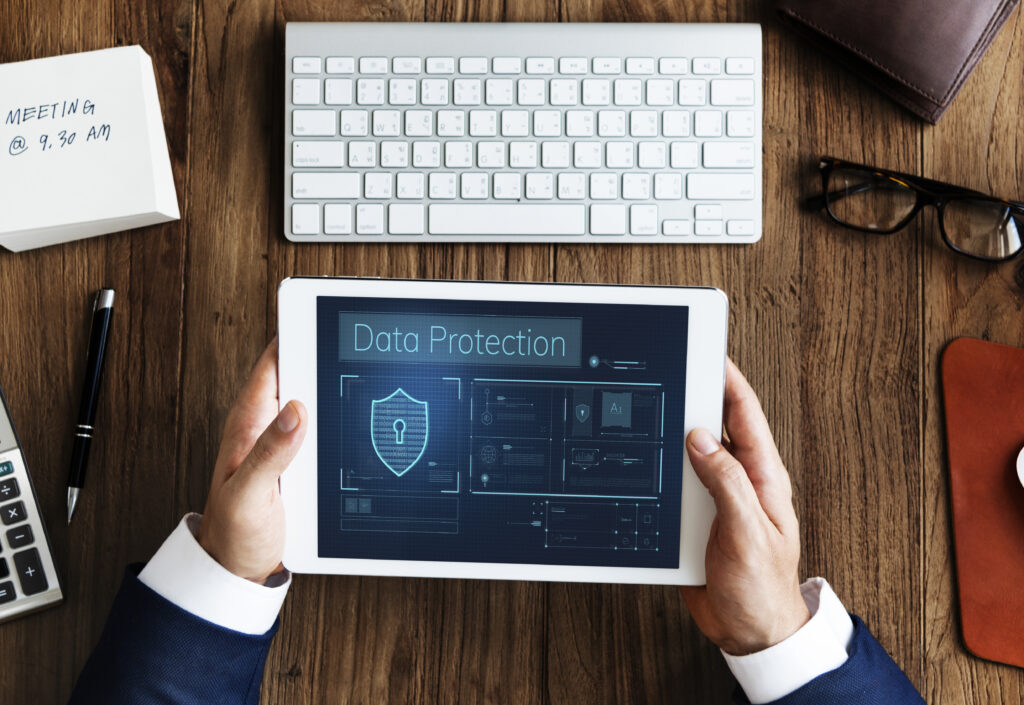
Why AI Privacy Regulation 2025 Matters
The significance of AI Privacy Regulation 2025 lies in its power to protect users in a data-driven world. Artificial intelligence now tracks your habits, location, voice, and even emotions. Without clear rules, this data can be misused by corporations or hackers for unethical purposes.
For example:
- A healthcare AI could share patient data without consent.
- A facial recognition system might misidentify individuals.
- A voice assistant could record private conversations unknowingly.
By enforcing Privacy Regulation 2025, governments aim to make sure such scenarios are prevented. It creates a safer digital space where AI innovation thrives without violating trust.
Key Principles of AI Privacy Regulation 2025
1. Transparency and Accountability
Under AI Privacy Regulation 2025, every AI system must clearly explain what data it collects and why. Companies are now accountable for algorithmic decisions and required to document the training data used for their models.
2. User Consent and Control
AI users must have control over their personal information. AI Privacy Regulation 2025 ensures people can request access, correction, or deletion of their data anytime. This puts the power back in users’ hands.
3. Ethical Data Collection
AI cannot gather sensitive data (like race, religion, or health records) without explicit permission. The regulation also enforces limitations on surveillance tools that collect biometric data, especially in public places.
4. Algorithmic Fairness
Bias is one of AI’s biggest problems. AI Privacy Regulation 2025 demands that companies test and prove their models are fair, unbiased, and inclusive before deployment.
5. Right to Explanation
If an AI system denies a loan, rejects a job application, or gives an automated decision, the user now has the right to an explanation. This is a core part of AI Privacy Regulation 2025, ensuring fairness and accountability.
Global Adoption of AI Privacy Regulation 2025
Countries worldwide are adapting their laws to align with AI Privacy Regulation 2025 standards.
- European Union: The EU’s AI Act now includes strict privacy clauses, making it illegal to use AI for mass surveillance.
- United States: The U.S. introduced the Federal AI Transparency and Privacy Act to protect user data in digital ecosystems.
- India: India’s Digital Personal Data Protection Act (DPDPA) 2025 incorporates AI Privacy Regulation 2025 principles, ensuring safe use of AI across industries.
- Asia-Pacific & Middle East: Nations like Japan, Singapore, and UAE are developing AI ethics boards to monitor compliance and data fairness.
This global movement reflects a shared realization: innovation without privacy is dangerous.

Industries Most Affected by AI Privacy Regulation 2025
1. Healthcare
Hospitals and AI health platforms must anonymize patient data and get consent before analysis. AI Privacy Regulation 2025 ensures that sensitive health information remains protected.
2. Banking and Finance
Financial institutions use AI for fraud detection and credit scoring. The new rules require these systems to be transparent and explainable to avoid bias.
3. Education
EdTech platforms collecting student data must comply with AI Privacy Regulation 2025 by informing parents and students about how learning data is stored and analyzed.
4. Marketing and Advertising
AI-driven ads can no longer target users without consent. Marketers must clearly disclose tracking methods, thanks to AI Privacy Regulation 2025.
5. Smart Devices and IoT
Voice assistants, cameras, and wearables are now required to have on-device privacy protection, limiting what data leaves the device.
Benefits of AI Privacy Regulation 2025
- User Trust and Transparency: People feel safer using AI tools.
- Global Compliance: Businesses can operate internationally without legal risks.
- Ethical AI Growth: Developers are encouraged to build fair and responsible models.
- Data Protection: Sensitive information stays private and secure.
- Reduced Bias: Regular audits ensure fairness across demographics.
Overall, AI Privacy Regulation 2025 doesn’t slow innovation — it strengthens it by creating a trustworthy environment for both users and companies.
Challenges of Implementing AI Privacy Regulation 2025
While the regulation is revolutionary, it’s not without challenges:
- High Compliance Costs: Small startups may struggle to meet legal requirements.
- Lack of Awareness: Many developers are still unaware of global AI laws.
- Cross-Border Conflicts: Different countries interpret privacy laws differently.
- Technological Complexity: Constant AI evolution makes regulations harder to enforce.
- Data Localization: Companies need local data centers to comply with national laws.
Overcoming these challenges will require collaboration between tech companies, governments, and citizens.
The Future After AI Privacy Regulation 2025
The future after AI Privacy Regulation 2025 looks promising. Once data privacy becomes a global standard, AI can operate responsibly — without exploitation or bias.
By 2030, we can expect:
- AI auditors to certify ethical AI systems.
- Global privacy passports allowing secure international data sharing.
- AI transparency labels on apps and tools, showing users what data they share.
In this way, AI Privacy Regulation 2025 paves the way for a safer and smarter digital future.
Conclusion: AI Privacy Regulation 2025 Is the Backbone of Ethical Innovation
The digital world runs on trust, and trust is built through transparency. AI Privacy Regulation 2025 ensures that AI respects human privacy, promotes fairness, and operates responsibly. It’s not about limiting AI — it’s about guiding it toward ethical growth.
As businesses and developers adapt, users will gain confidence to embrace intelligent systems without fear. The future of AI depends not just on how fast it learns, but how safely it respects our data. And that is exactly what AI Privacy Regulation 2025 promises — intelligent innovation with human values at its heart.
